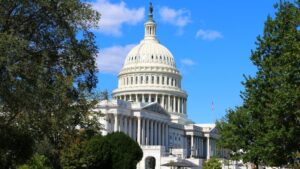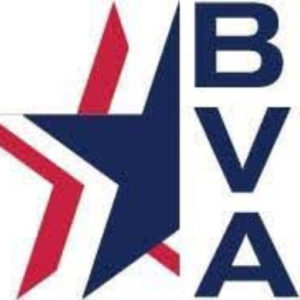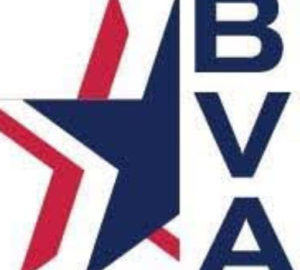 Monday of this week (May 19) marked a pivotal moment for our nation’s blinded veterans as H.R. 1147, the Veterans Accessibility Advisory Committee Act of 2025 introduced by Representative David Valadao (R-CA-22) earlier this year, successfully passed the House of Representatives. This bipartisan triumph is a testament to the dedication of advocates and legislators who understand the unique challenges faced by those who have lost their sight in service to our country.
Monday of this week (May 19) marked a pivotal moment for our nation’s blinded veterans as H.R. 1147, the Veterans Accessibility Advisory Committee Act of 2025 introduced by Representative David Valadao (R-CA-22) earlier this year, successfully passed the House of Representatives. This bipartisan triumph is a testament to the dedication of advocates and legislators who understand the unique challenges faced by those who have lost their sight in service to our country.
Passage in the House is a significant step forward in the Association’s ongoing commitment to provide comprehensive and equitable support for all veterans with disabilities. The bill has now advanced to the Senate Committee on Veterans Affairs as S. 1383, where BVA is cautiously optimistic that swift and robust support there will ensure that it reaches the President’s desk to be signed into law. The Senate Bill was introduced back in April by Senator Rick Scott (R-FL). The Committee took up the bill this past Wednesday, hearing testimony in support of the legislation from three other Veterans Service Organizations.
H.R. 1147 and S. 1383 are poised to bring about critical improvements in the lives of blind and low vision veterans by establishing the Veterans Advisory Committee on Equal Access within the Department of Veterans Affairs (VA). This committee will play a vital role in ensuring that VA complies with existing disability laws such as the Americans with Disabilities Act, the Rehabilitation Act, and the Architectural Barriers Act. Specifically, the Committee will focus on improving accessibility across all VA services, including electronic information, benefits, health care facilities, and community care providers. This means more accessible websites, improved navigation within VA hospitals, and better access to crucial information and services for blind and low vision veterans.
Beyond those improvements, the implications of H.R. 1147 are even more profound. Once implemented, the legislation will help dismantle barriers that have historically hindered veterans with sight loss to fully access the care and benefits they have earned. By establishing a dedicated advisory committee with veteran and expert representation, the bill ensures that the voices of the blind community are directly heard and integrated into VA policy and practice.
This newfound focus on consistent accessibility across the entire VA ecosystem will not only enhance the quality of life for blinded veterans but also foster greater independence and inclusion within the broader veteran community. BVA looks forward to its positive consideration in the Senate and beyond.


